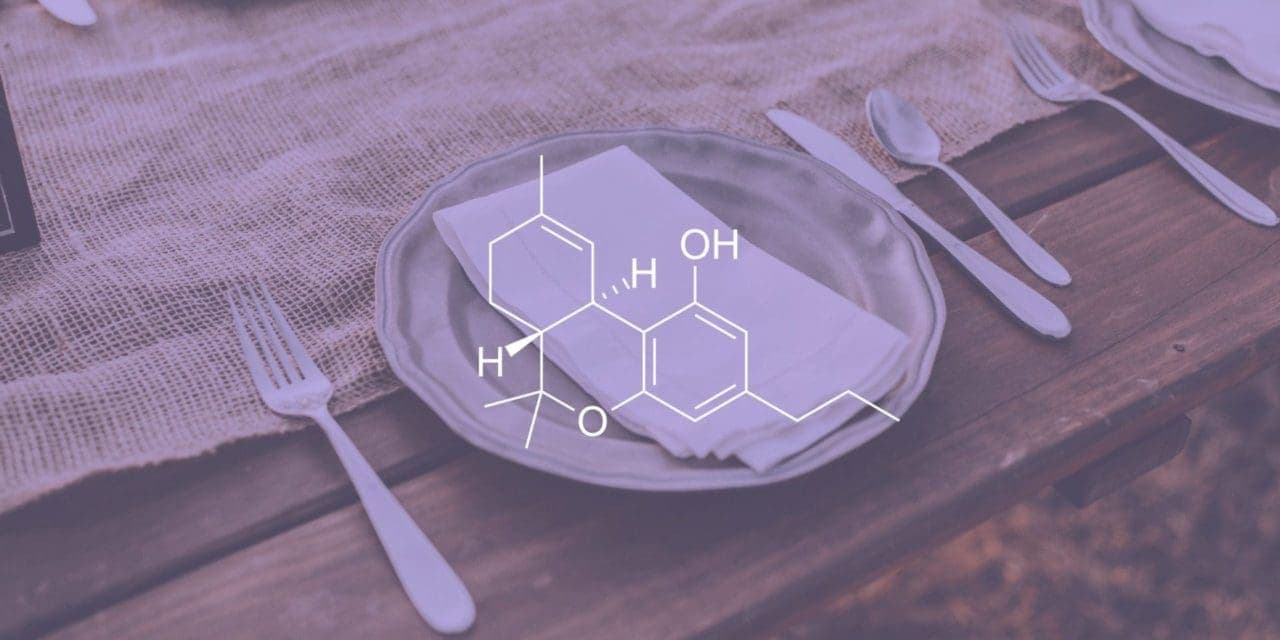What Is THCB?

Article written by

Shanti RyleContent Writer
Content reviewed by

Dr. Gavin MorelandMedical Director
There is always more to learn about the cannabis plant and regularly announce discoveries. It’s fascinating when a new cannabinoid is discovered, like THCB, which was isolated by a group of Italian scientists in late 2019. So far, researchers have identified 120 cannabinoids and counting in the cannabis plant, with more awaiting discovery.
THCB is a phytocannabinoid closely related to THC, the main psychoactive component found in cannabis, with slight differences in chemical structure. While research is still limited due to its newness, here’s what we know so far about THCB.
Get your medical marijuana card
What Is THCB?
Delta-9 tetrahydrocannabutol, or THCB, is a cannabinoid close to THC, the most abundant phytocannabinoid in the cannabis plant and responsible for most cannabis’ psychoactivity.
According to the researchers who discovered it, THCB similarly interacts with the endocannabinoid system to THC, and it mainly acts on CB1 and CB2 receptors in the brain. The researchers also found that THCB had a stronger binding affinity with CB1 receptors in the brain than the more abundant THC.
Small animal tests were conducted following THCB’s discovery and showed promising results similar to THC’s impact on humans. The researchers observed and reported decreased pain, slowed reaction time, and deeper sleep. In the same report, the team observed potential anti-inflammatory and analgesic properties.
Potential Uses and Benefits
THCB is still so new, with only a single study to date confirming its existence and barely scratching the surface of its properties. As its discovery was so recent, little to nothing is known about THCB’s potential uses or benefits.
However, the preliminary data suggests that THCB behaves similarly to THC, with a potential for pain-relieving and anti-inflammatory properties. THCB may also be a potential sleeping aid, though we don’t yet know if THCB has the same psychoactive properties as THC.
Due to THCB’s stronger binding affinity to CB1 receptors, it is suggested that it could be more potent than THC. However, this effect has not been confirmed in humans as of yet. It should also be noted that THCB is not found in abundance in the cannabis plant, so the extent to which it has a noticeable effect when consumed is unknown.
Strains with THCB
Patients seeking medical relief from cannabis often look for the suitable cultivar containing the best cannabinoids, terpenes, and flavonoids.
At this time, it is unclear which cultivars may contain higher levels of THCB than others because so little research has been conducted into this new cannabinoid.
Potential Risks and Side Effects
With research lacking, patients should employ a healthy dose of caution when considering THCB until more data is accumulated. We don’t know if THCB is psychoactive, but if it is, one could potentially consume too much and experience similar unwanted side effects such as dizziness, dry mouth, or lethargy.


